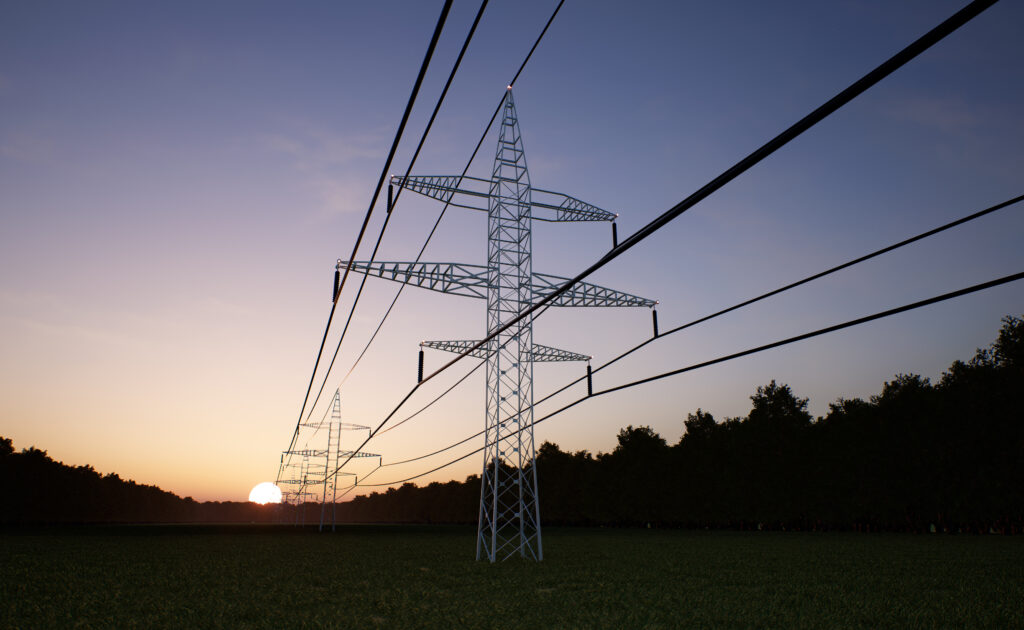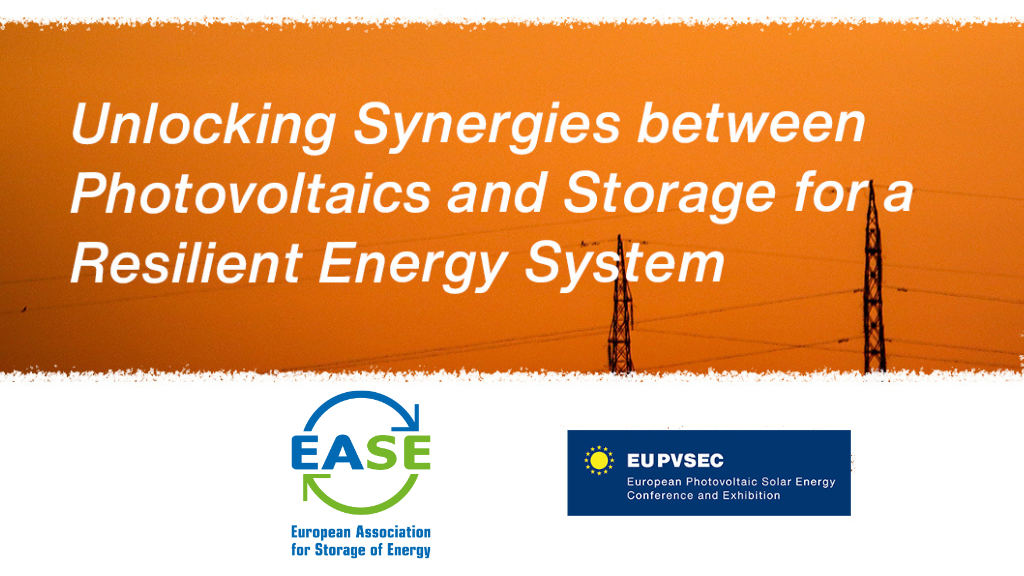20.09.2022 / News
RED III Revision Strengthens the Deployment of Energy Storage with New Targets
The passing of the revision of Renewable Energy Directive (RED III) in the EU Parliament is a key milestone in the implementation of the Fit for 55 goals. The agreement of new ambitious goals for renewables and supporting measures to ensure its uptake, in the context of REPowerEU, will allow the meeting of a 45% renewables target by 2030. RED III revision strengthens the deployment of energy storage with new targets, but further work is required for an EU-wide energy storage strategy.
Several of the adopted provisions bring much needed attention towards the essential deployment of energy storage in the European Union
EASE therefore welcomes the introduction of a definition for a ‘co-located energy storage project’ which will enable for co-located facilities the access to support schemes and regulatory frameworks supporting renewables deployment.
Furthermore, the measures promoting the integration of energy storage technologies in heating and cooling systems will increase significantly system flexibility and will allow energy efficiency goals to be achieved. The incentivising of local energy storage and bi-directional charging in buildings and support for training of installers of energy storage are also vital.
Additionally, the inclusion of new indicative targets for energy storage at the Member State level is welcomed progress towards a full European energy storage strategy. However, without binding, EU-wide targets, Member States run the risk of setting targets too low to support European climate and energy targets for 2030 and 2050.
Only ambitious targets can ensure the Union achieves a 55% carbon emissions reduction by 2030
EASE reiterates its call for binding energy storage targets to be set on the European level. Such targets should accompany the decarbonation of our energy system through reaching 200 GW capacity by 2030 and 600 GW by 2050, set out in our paper ‘Energy Storage Targets 2030 and 2050’. Only ambitious targets can ensure the Union achieves a 55% carbon emissions reduction by 2030. We therefore remain confident that the Council and Parliament can still provide sufficient guarantees that these targets will be defined at European level or at least benefit from a common understanding of the renewable energy targets.




